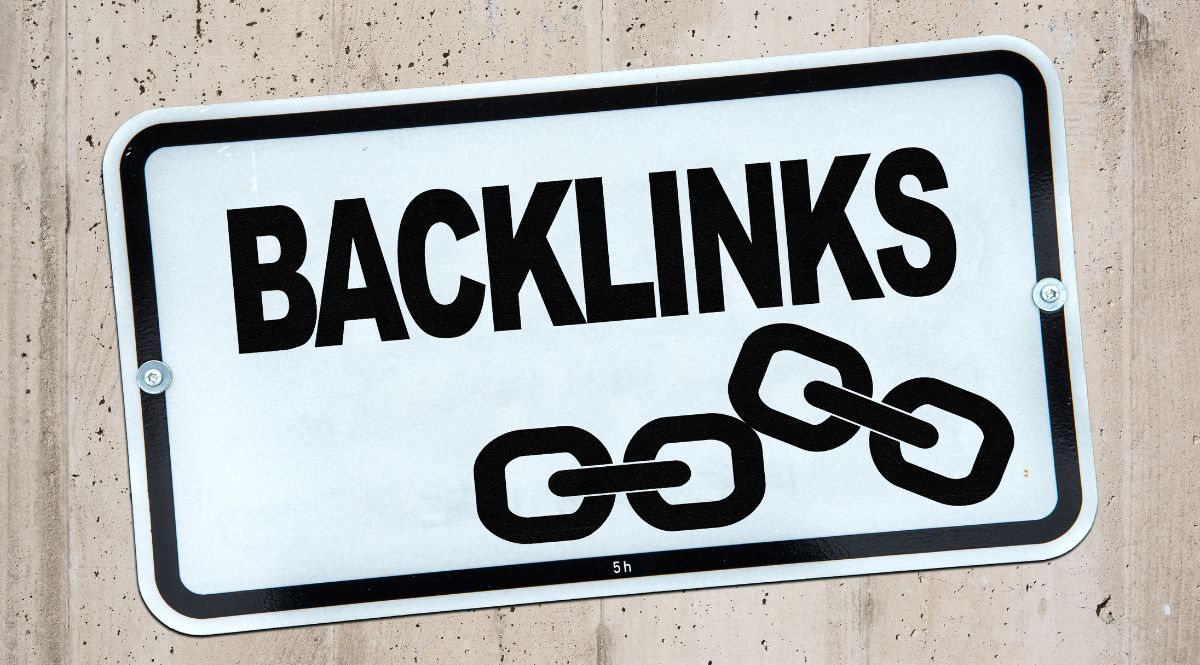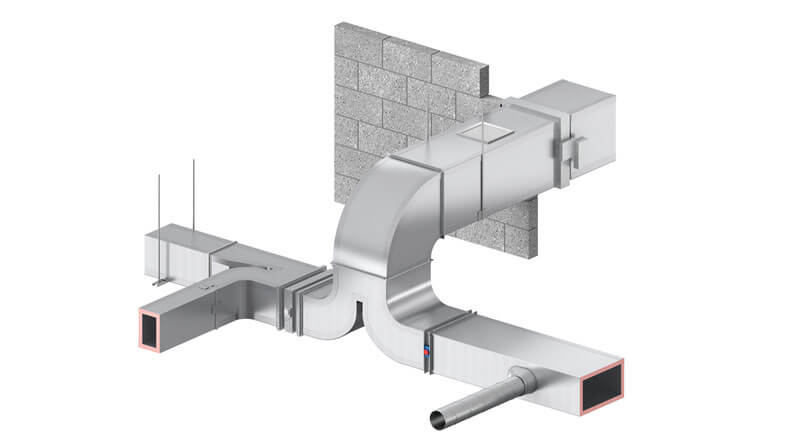Backlinks are one of the most critical components of SEO optimization and play a significant role in determining your website’s ranking on search engine results pages (SERPs). A backlink is simply a link from one website to another. When a reputable site links to your content, it signals to search engines that your website is a credible and valuable resource. In this article, we’ll explore the importance of backlinks in SEO link building and provide practical tips on how to build a strong backlink profile that enhances your site’s authority and visibility.
Why Are Backlinks Important for SEO?
Backlinks are often referred to as “votes of confidence” from other websites. Here’s why they’re crucial for SEO optimization:
- Improves Search Engine Rankings: Search engines like Google use backlinks as a key ranking factor. The more high-quality backlinks your website has, the more likely it is to rank higher in search results. Backlinks from authoritative sites indicate to search engines that your content is trustworthy and relevant.
- Increases Organic Traffic: When your website is linked to from other high-traffic websites, it can drive referral traffic to your site. This not only increases your visibility but also attracts potential customers who are interested in your content.
- Builds Domain Authority: Backlinks contribute to your website’s domain authority (DA), a metric that predicts how well a site will rank on search engines. Higher domain authority usually correlates with better search engine rankings, leading to more organic traffic.
- Enhances Content Discoverability: Backlinks help search engines discover new pages on your site. When your content is linked from other sites, it’s more likely to be crawled and indexed by search engines, leading to faster indexing and better ranking potential.
How to Build a Strong Backlink Profile
Building a strong backlink profile is essential for improving your site’s SEO performance. Here are some effective strategies for acquiring high-quality backlinks:
- Create High-Quality Content
The foundation of a strong backlink profile is high-quality content. Content that is informative, well-researched, and valuable to your audience is more likely to attract backlinks naturally. Focus on creating content that answers questions, provides solutions, or offers unique insights. This could be in the form of blog posts, infographics, videos, or whitepapers.
- Guest Blogging
Guest blogging involves writing articles for other websites in your industry in exchange for a backlink to your site. This strategy not only helps you build backlinks but also positions you as an authority in your field. When guest blogging, choose reputable sites with high domain authority and relevance to your niche. Make sure your guest posts are well-written, provide value to the readers, and include a natural link back to your site.
- Leverage Broken Link Building
Broken link building is a tactic where you find broken links on other websites, reach out to the site owner, and suggest your content as a replacement. This is a win-win situation: the website owner fixes a broken link, and you gain a valuable backlink. Tools like Ahrefs and Check My Links can help you find broken links related to your industry.
- Participate in Industry Forums and Communities
Engaging in online forums, communities, and social media groups relevant to your industry can help you build relationships and gain backlinks. By sharing your expertise and linking to your content when appropriate, you can attract backlinks from community members who find your content valuable.
- Collaborate with Influencers and Industry Experts
Collaborating with influencers or industry experts can help you gain backlinks from their websites or social media profiles. Consider reaching out to influencers for interviews, co-authored content, or product reviews. When these collaborations are shared on their platforms, they often include a backlink to your site.
- Submit to Industry Directories and Listings
Submitting your website to industry-specific directories or listings can help you gain backlinks. While some directories may have a small impact, those that are reputable and relevant to your industry can contribute to your backlink profile. Just be sure to avoid low-quality directories, as these can harm your SEO rather than help it.
- Monitor and Disavow Toxic Backlinks
Not all backlinks are beneficial. Toxic or spammy backlinks from low-quality sites can harm your SEO efforts. Regularly monitor your backlink profile using tools like Google Search Console or Ahrefs to identify and disavow any harmful links. This process involves telling Google to ignore these links, preventing them from negatively impacting your site’s ranking.
- Promote Your Content
Actively promoting your content increases the chances of it being noticed and linked to by others. Share your content on social media, through email newsletters, and within your network. The more visibility your content gets, the more likely it is to attract backlinks.
Building a strong backlink profile is essential for SEO optimization and improving your website’s search engine rankings. By focusing on creating high-quality content, engaging in guest blogging, leveraging broken link opportunities, and collaborating with influencers, you can steadily grow your backlink profile. Remember that quality always trumps quantity when it comes to backlinks, so prioritize earning links from reputable, relevant sites.
Regularly monitor your backlinks to ensure they continue to benefit your SEO efforts, and be proactive in disavowing any toxic links that could harm your rankings. With a strong backlink strategy in place, you’ll be well on your way to boosting your site’s authority, visibility, and organic traffic.


